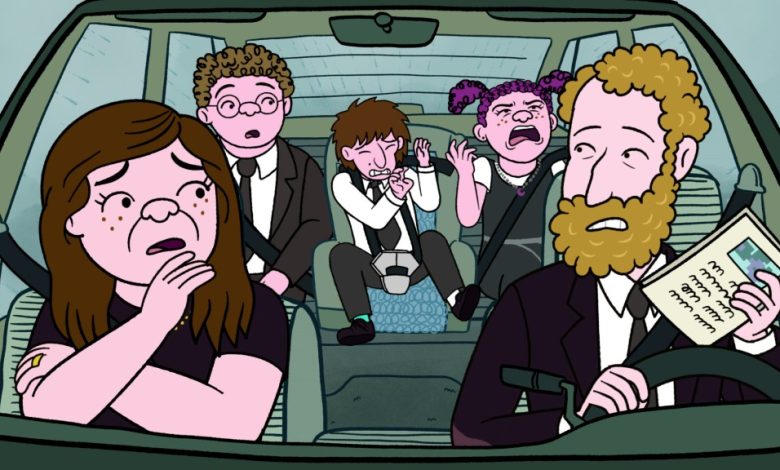Raphael Bob-Waksberg Advocates for Creativity in the Adult Animation Industry

Raphael Bob-Waksberg, the visionary behind BoJack Horseman, has expressed concern over the current state of the adult animation industry. Speaking at the Annecy International Animation Film Festival, he emphasized the need for networks and studios to show more courage in greenlighting unique and bold animation projects.
In what he described as a period of “industry contraction,” Bob-Waksberg noted that many decisions are being driven by fear, a sentiment he empathizes with but challenges. “There are a lot of artists and writers who want to push the boundaries of what adult animation can be,” he stated. However, he acknowledged that studios often prefer the safety of conventional storytelling over creative risks.
Eyes of Wakanda: Marvel Animation’s Epic Spy Thriller Explores the Roots of Black Panther
Reflecting on his own experience with BoJack Horseman, the creator admitted that the show initially conformed to standard expectations of adult animation. It only evolved into its acclaimed form once he embraced his creative instincts. “It became a much better show when I started writing what I wanted to write,” he noted. Still, he wonders if he needed to pitch a more familiar concept first to earn the creative freedom later.
His comments align with those of Adventure Time showrunner Adam Muto, who lamented the fading of “idiosyncratic voices” in the animation world, urging commissioners to approve more original content.
Bob-Waksberg is currently promoting his upcoming Netflix series Long Story Short, which he describes as a smoother production process than BoJack. The show stars Lisa Edelstein, Ben Feldman, and Abbi Jacobson, and follows the Schwooper siblings as they navigate life from childhood to adulthood and back again.
See More ...
Though not entirely autobiographical, the series reflects the rhythms of Bob-Waksberg’s own Jewish family. He aimed to portray a relatable, nuanced family dynamic rather than idealized or overly dramatic characters. The show explores themes of “small ‘t’ trauma” — the subtle emotional impacts of upbringing that shape individuals over time.
Unlike many animated shows, Long Story Short utilizes time-lapse storytelling, portraying character development across various life stages. Bob-Waksberg emphasized the importance of showing growth, contrasting this with common critiques of shows like The Simpsons, where characters remain unchanged through decades of episodes.
With Long Story Short launching on Netflix on August 22, Bob-Waksberg hopes viewers will experience a full emotional journey and see the value in animated stories that embrace change, depth, and emotional complexity.




